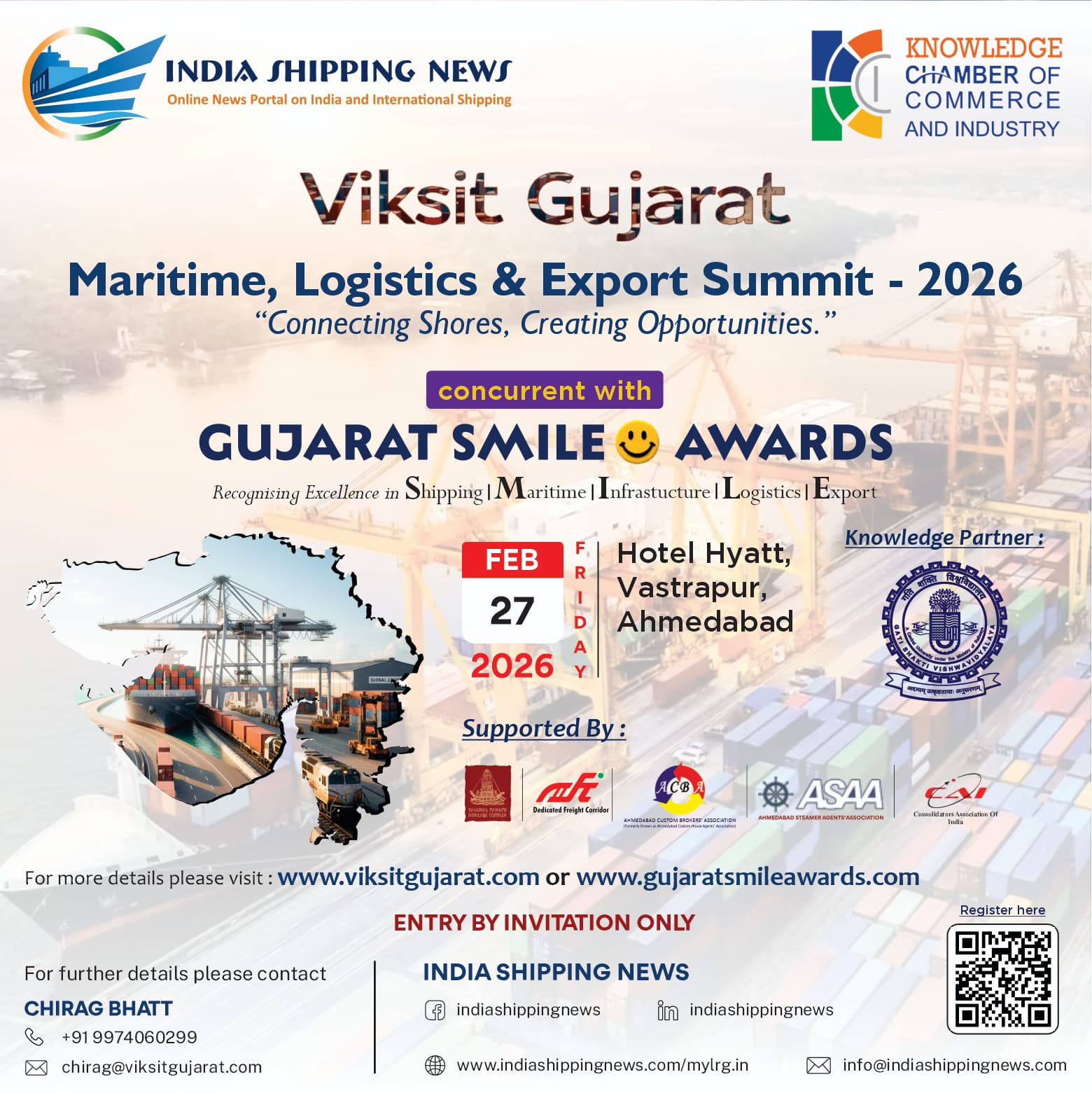
Maritime Technologies Forum Issues New Guidelines for Conducting Qualitative Risk Assessments for Alternative-fuelled Ships
TOKYO: The Maritime Technologies Forum (MTF) on Wednesday announced the publication of guidelines for conducting qualitative risk assessments for alternative-fuelled ships: HAZID and HAZOP.
The use of alternative fuels will be key to addressing the ‘2023 IMO Strategy on Reduction of GHG Emissions from Ships.’ While IMO has developed guidelines for design and operation of ships capable of using them, the Alternative Design and Approval process is required for most alternative fuels until mandatory regulations are in place. And this dictates using qualitative risk assessment to document an equivalent level of safety compared with a vessel designed to operate with conventional fuels.
Existing guidelines, such as MSC.1/Circ.1455 and IACS Rec. 146, remain valuable references to the general process for handling alternative design, independent of technology. With the industry’s expanding adoption of alternative fuels and lessons learned from recent projects, MTF considered that there is a need to make supplement to these documents to cover a wider range of fuels and technologies.
The new MTF report provides guidelines for conducting qualitative risk assessments as a core component of the approval process for alternative-fuelled ships. This addresses both HAZID and HAZOP studies, detailing qualification requirements for involved personnel and outlining the procedural steps involved. The guidelines also specify required input documents, reporting requirements and risk criteria. The guidelines support the identification of potential hazardous events and the development of preventive and mitigative safeguards to manage risks associated with the use of alternative fuels.
The new guidelines were presented at the MTF Seminar on Safe Maritime Decarbonisation held during Europort on 6 November 2025. With the expected increase in alternative fuelled vessels, both newbuilds and retrofits, panel discussions with industry leaders focused on the relevance of the guidelines and their effective implementation to ensure consistent outcomes providing transparency and trust to the industry stakeholders.
John McDonald, ABS President and Chief Operating Officer, said,“As the industry scales up the use of new fuels, it’s essential to establish consistent and rigorous approaches to HAZIDs and HAZOPs. A unified framework is critical for maintaining safety equivalence as the industry adopts alternative fuel technologies.”
Alf Tore Sørheim, acting Director General, Norwegian Maritime Authority, said, “Consistency across methodologies will also help Administrations take decisions with more confidence. These guidelines are an important contribution, supporting Administrations and industry stakeholders in demonstrating safety for novel fuel systems through an alternative design process, in a more consistent and predictable manner.”
View the full guidelines by downloading here.
GUIDELINES FOR CONDUCTING QUALITATIVE RISK ASSESSMENTS FOR ALTERNATIVE-FUELLED SHIPS: HAZID AND HAZOP
About MTF
MTF is a forum of Flag States and Classification Societies, established to provide technical and regulatory expertise to benefit the maritime industry. The role of the Forum is to work together on research that it publishes to the maritime industry and draw on regulatory expertise to be able to offer unbiased advice to the shipping sector. It seeks to give guidance on the use of alternative fuels and increased levels of automation in the industry. Furthermore, it allows for the safe testing and adoption of new technologies and it helps shape world-leading regulation.
The Flag State administrations include Maritime Bureau, Ministry of Land, Infrastructure, Transport and Tourism, Japan; the Norwegian Maritime Authority; the Maritime and Coastguard Agency, United Kingdom; and the Maritime and Port Authority of Singapore (MPA). The Classification Society members are ABS, DNV, LR and ClassNK.

